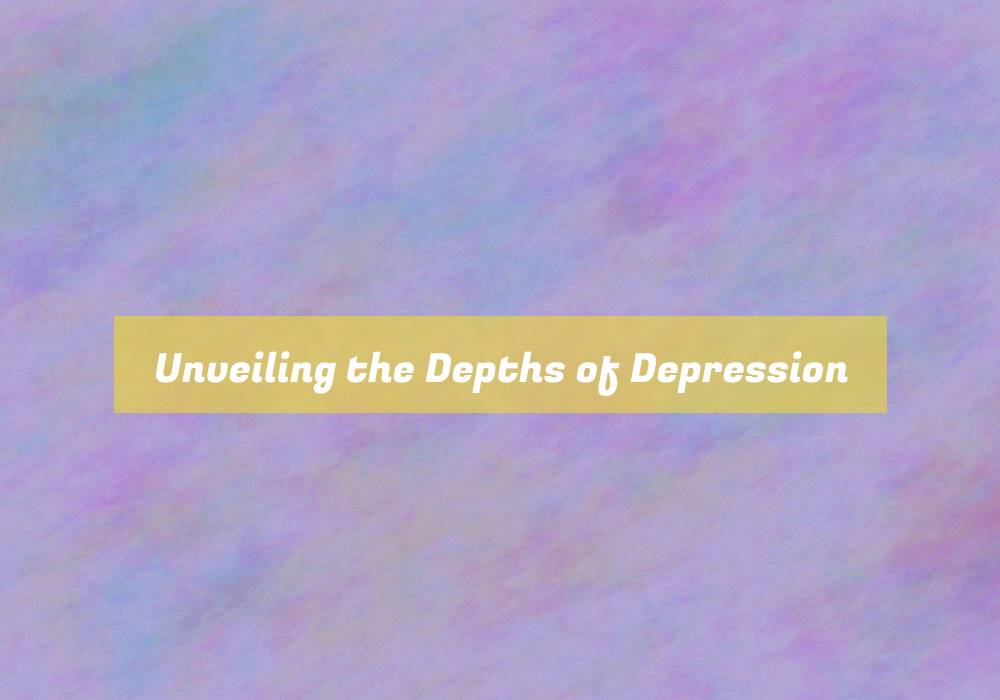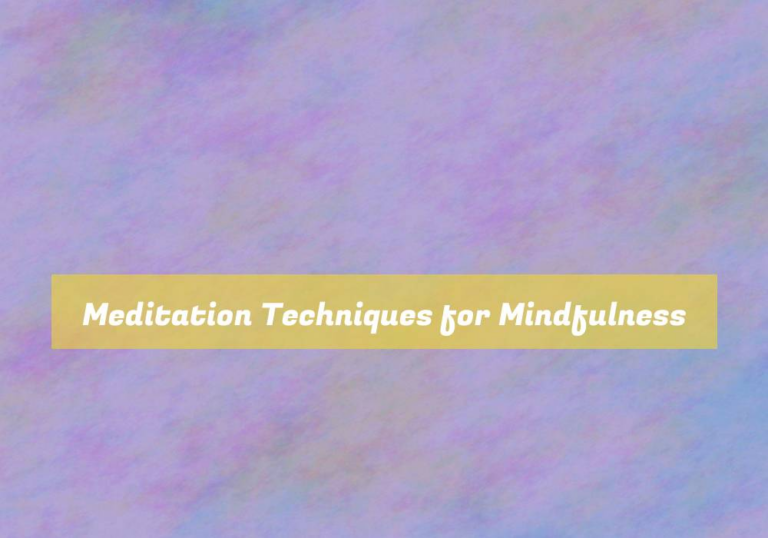Unveiling the Depths of Depression
Have you ever wondered what truly lies beneath the surface of depression?
ItG??s a complex and often misunderstood condition that affects millions of people worldwide.
While itG??s easy to dismiss it as just feeling down or G??having the blues,G?? the reality is far deeper and more intricate.
ThereG??s so much more to depression than meets the eye, and itG??s time to unravel its layers to gain a better understanding of its impact on individuals and society as a whole.
Understanding Depression
Do you know what really causes depression and how it affects your brain? Depression isnG??t just feeling sad or down; itG??s a complex mental health condition that can have a profound impact on your brain. When you experience depression, itG??s not just a matter of G??snapping out of it.G?? ItG??s a result of a combination of factors, including genetic, biological, environmental, and psychological influences.
In your brain, depression can lead to changes in the structure and function of certain areas. For example, the hippocampus, a region responsible for emotions and memory, may shrink in people with depression. This could contribute to the difficulty in forming new memories or the overwhelming feelings of sadness and despair. Additionally, there may be imbalances in neurotransmitters like serotonin and dopamine, which play a crucial role in regulating mood and emotions.
Understanding the impact of depression on the brain can help in developing more effective treatments and interventions. By recognizing the biological underpinnings of depression, it becomes clear that itG??s a real illness that requires proper attention and care.
Recognizing the Symptoms
Recognizing the symptoms of depression is crucial for seeking appropriate help and support. ItG??s important to pay attention to changes in your mood, behavior, and physical well-being.
One of the key symptoms of depression is a persistent feeling of sadness, hopelessness, or emptiness. You may also experience a loss of interest in activities you once enjoyed, as well as a noticeable change in your appetite or weight.
Another common symptom is a lack of energy and constant fatigue, even after resting. Difficulty concentrating, making decisions, and remembering things are also signs to watch out for.
Some individuals may struggle with feelings of worthlessness or guilt, and thoughts of self-harm or suicide can also be present. Physical symptoms such as headaches, stomach problems, and chronic pain can be linked to depression as well.
ItG??s essential to take note of these symptoms and seek professional help if you or someone you know is experiencing them. Understanding and recognizing these signs is the first step towards finding the support and treatment needed to manage depression.
Impact on Daily Life
Experiencing the symptoms of depression can significantly impact your daily life, affecting everything from your work performance to your personal relationships. It can make simple tasks seem overwhelming, leading to decreased productivity and difficulty concentrating at work or school. You may find it hard to muster the energy to socialize with friends and family, often preferring isolation. This can strain your relationships and lead to feelings of guilt and loneliness.
Additionally, depression can disrupt your sleep patterns, causing insomnia or excessive sleeping, further impacting your ability to function during the day.
Everyday activities like cooking, cleaning, or even personal hygiene may feel like insurmountable challenges. You might also lose interest in hobbies or activities that used to bring you joy. Basic self-care may become neglected, leading to a decline in physical health. Depression can also manifest physically with symptoms like headaches, stomach problems, or chronic pain.
These challenges can create a vicious cycle, making it even more difficult to break free from the grip of depression and resume a normal daily life.
Coping and Treatment Options
Seeking support from mental health professionals and considering various coping strategies can help you manage the symptoms of depression and improve your overall well-being.
Therapy, whether individual, group, or family, can provide a safe space to explore and address the root causes of your depression. Medication, when prescribed by a healthcare provider, can also be an effective tool in managing depressive symptoms. ItG??s important to remember that finding the right treatment plan may take time and may involve some trial and error.
In addition to professional support, incorporating self-care practices into your daily routine can make a significant difference. Regular exercise, adequate sleep, and a balanced diet can positively impact your mood. Mindfulness activities, such as meditation or yoga, can help reduce stress and promote emotional well-being. Engaging in activities you enjoy and connecting with supportive friends and family members can also play a crucial role in coping with depression.
ItG??s essential to be patient with yourself as you navigate through treatment options and coping strategies. What works for one person may not work for another, so itG??s okay to explore different approaches until you find what resonates with you. Remember, seeking help and actively participating in your own treatment are powerful steps towards managing depression.
Conclusion
In conclusion, understanding depression, recognizing its symptoms, and addressing its impact on daily life are essential steps in coping with and treating this mental health condition.
By shedding light on the depths of depression, we can work towards breaking the stigma and providing support to those who are struggling.
ItG??s important to remember that there are coping and treatment options available, and seeking help is a brave and important step towards healing.






